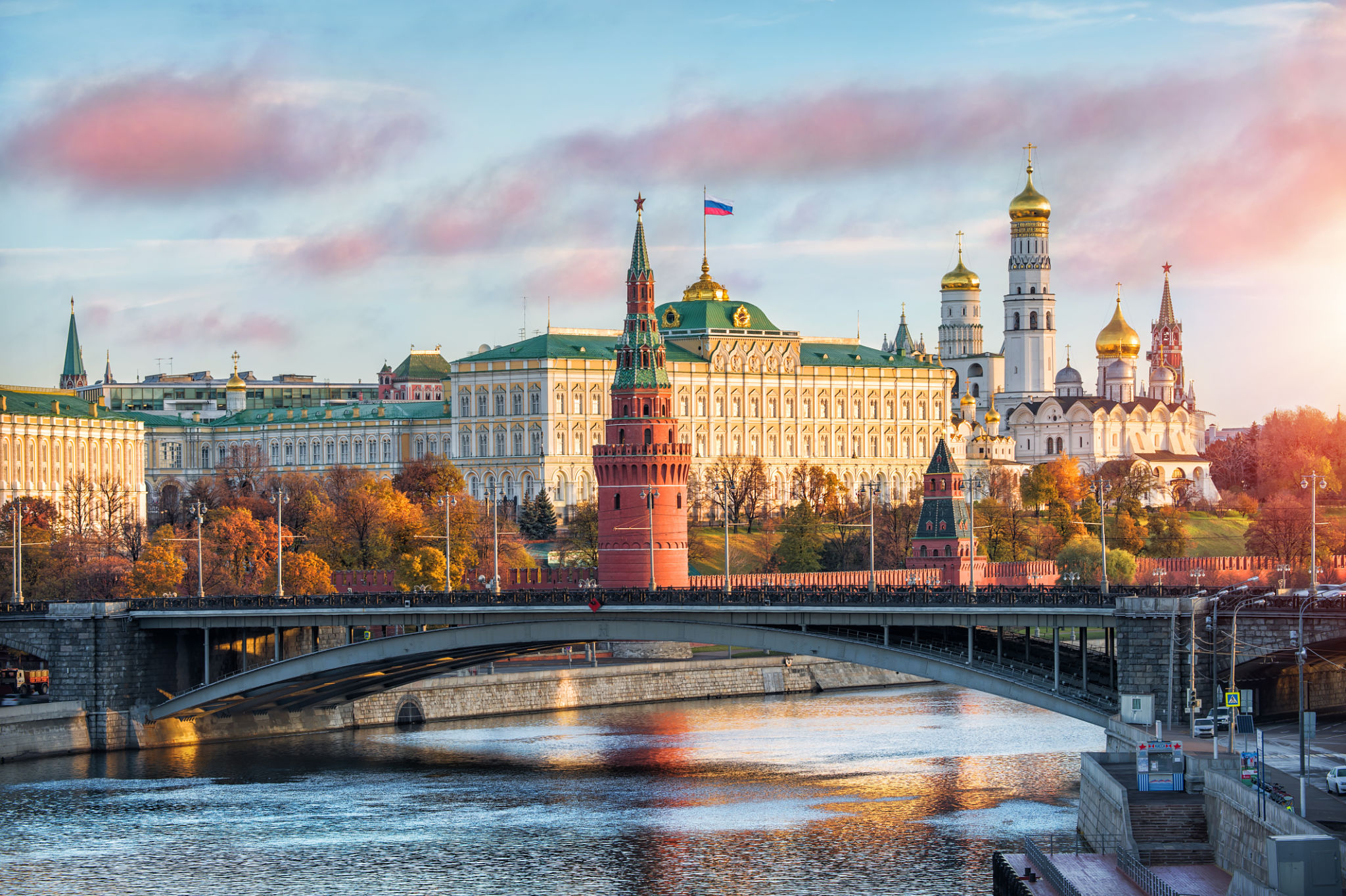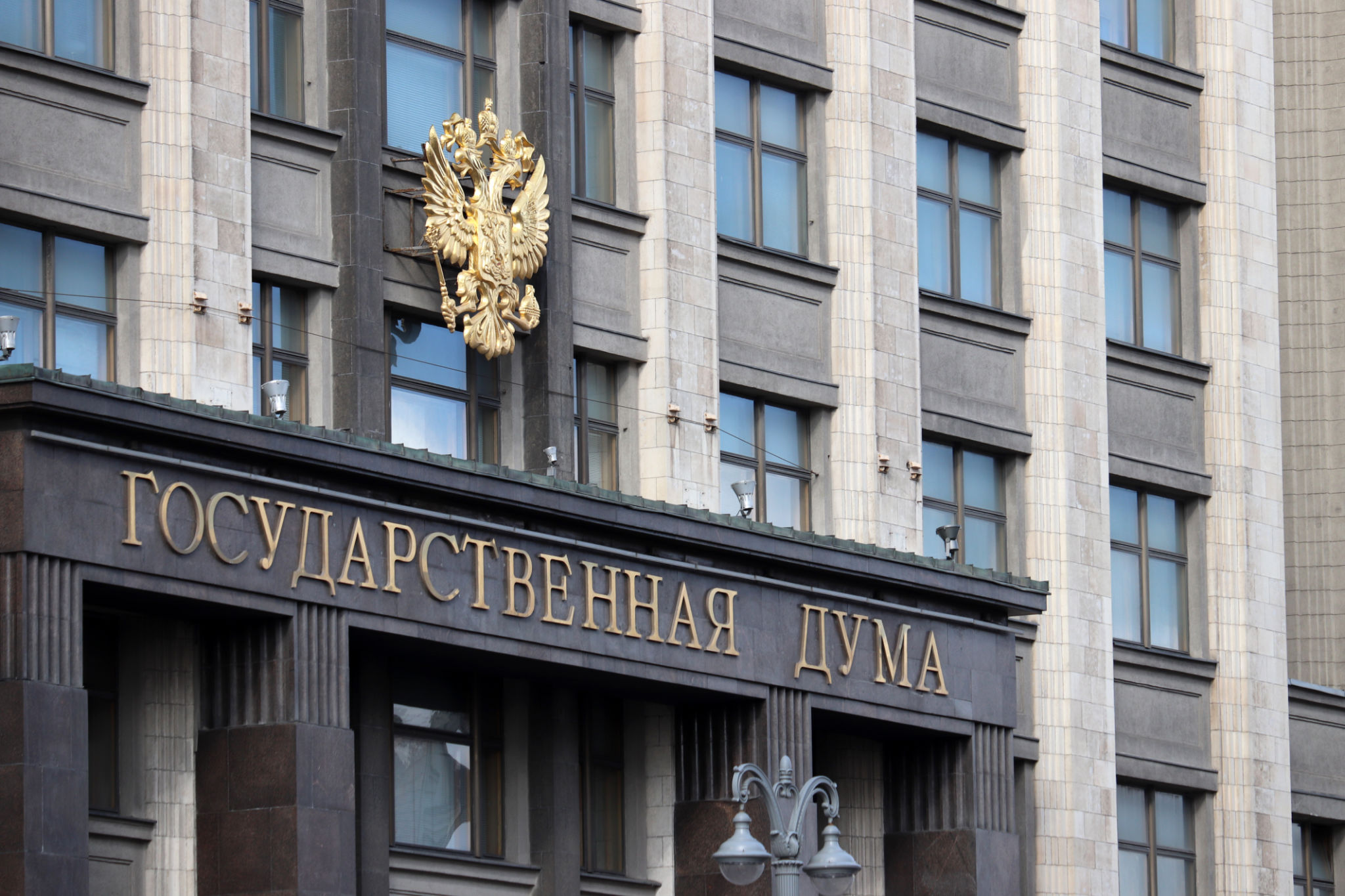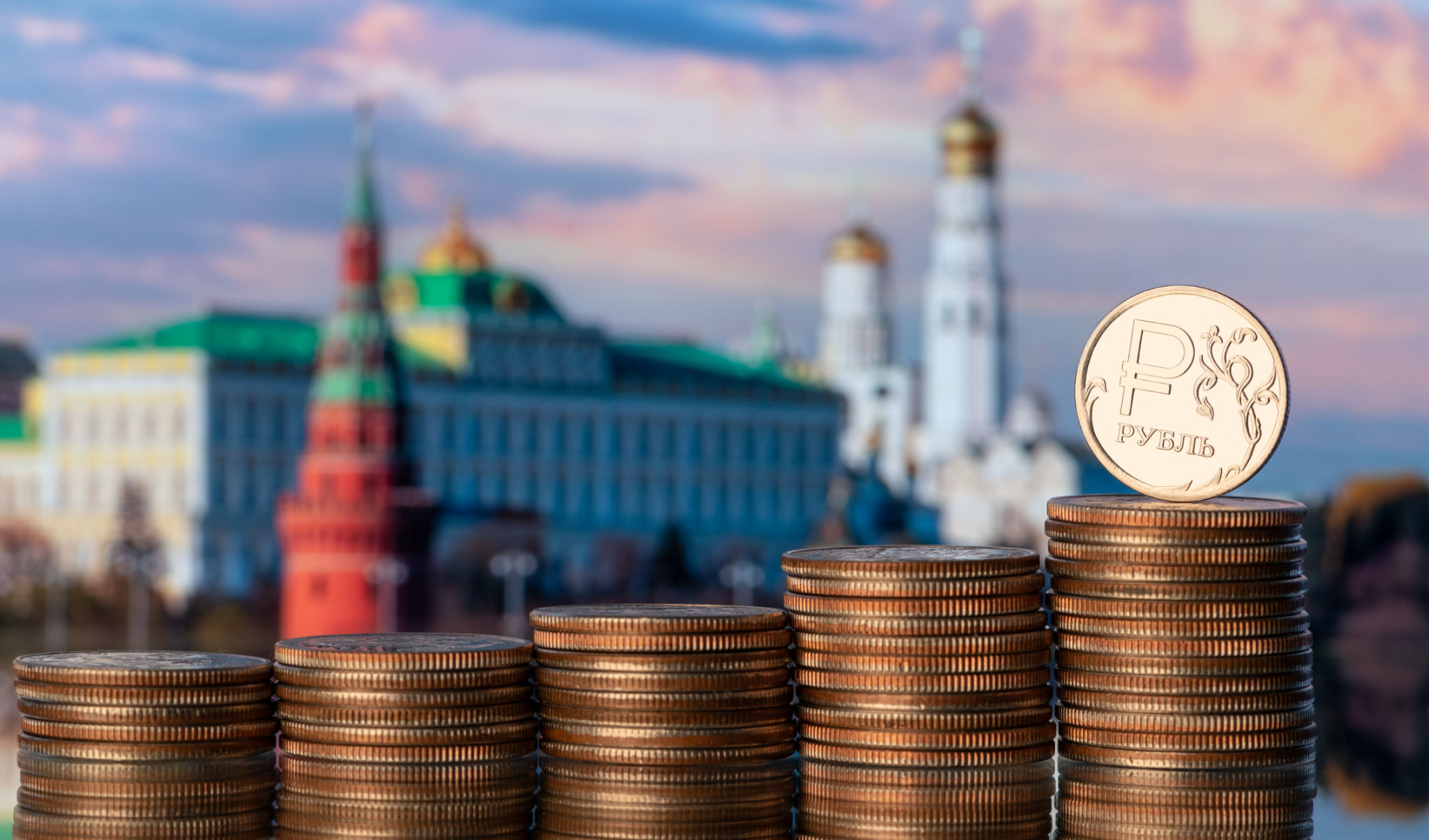Understanding the Russian Political Climate: A Guide for International Observers
Introduction to the Russian Political Landscape
The Russian political climate is a complex and often misunderstood aspect of international affairs. As one of the largest and most influential countries in the world, Russia's internal politics have far-reaching implications. For international observers, grasping the nuances of Russia's political environment is crucial for informed analysis and decision-making.

The Structure of Russian Governance
Russia operates as a federal semi-presidential constitutional republic. This means that power is divided between the President and the Prime Minister, with the President holding significant authority over state affairs. The legislative branch, known as the Federal Assembly, consists of two houses: the State Duma and the Federation Council.
Understanding the roles of these governmental bodies is vital. The President is responsible for major policy decisions, foreign affairs, and national security, while the Prime Minister oversees economic policies and domestic governance. The State Duma drafts federal laws, and the Federation Council approves or rejects these laws.
The Role of Political Parties
Political parties play a significant role in shaping Russia's political landscape. The ruling party, United Russia, has been dominant for many years, consistently supporting presidential initiatives. Opposition parties exist but face significant challenges in gaining traction due to restrictions and limited media access.

Historical Context and Influence
Russia's political climate is deeply rooted in its history. From the era of the Tsars to the Soviet Union, historical events have shaped contemporary governance structures. The influence of past leaders is evident in today's policies, where centralized control remains a defining feature.
Moreover, Russia's geopolitical interests often dictate its domestic policies. As a country with vast natural resources and strategic geographical positioning, Russia's actions are closely tied to maintaining its influence both regionally and globally.
Challenges Facing Russian Politics
Despite its strong leadership, Russia faces numerous challenges. Economic sanctions from Western countries have impacted its economy significantly. Additionally, internal issues such as corruption, population decline, and regional disparities continue to pose threats to stability.

International Relations and Foreign Policy
Russia's foreign policy is characterized by strategic alliances and assertive actions on the global stage. Its involvement in conflicts in Syria and Ukraine, alongside its relationship with China and the West, exemplifies its aim to be a key player in international politics.
Observers must carefully analyze Russia's foreign policy maneuvers to understand its broader objectives. Engaging with multilateral institutions while maintaining a strong nationalistic stance is a balancing act that Russia continues to navigate.
Conclusion: Navigating the Complexity
The Russian political climate is intricate, influenced by historical legacies, economic factors, and strategic imperatives. For international observers, staying informed about these dynamics is essential for accurate assessments and forecasts. As Russia continues to evolve politically, keeping a close eye on its developments will remain a priority for those interested in global affairs.